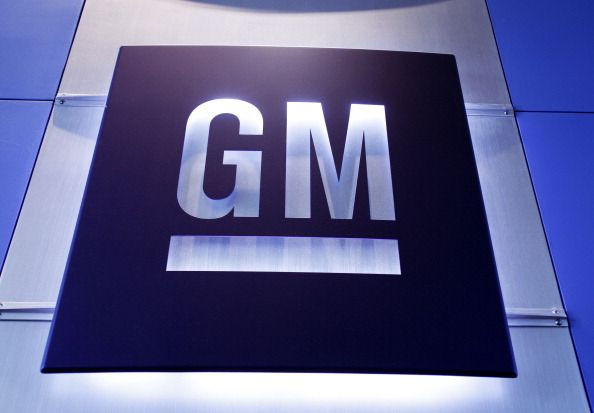Will UAW Strike GM? Contract Expires At Midnight Saturday

With a Saturday midnight strike deadline looming, Fiat Chrysler Automobiles (FCAU) and Ford Motor Co. (F) signed contract extensions with the United Autoworkers Friday.
The pattern contract is being negotiated with General Motors Co. (GM). Its contract has not been extended, raising the possibility a strike could begin as early as 12:01 a.m. Sunday if no deal or extension is announced, UAW spokesman Brian Rothenberg said. Janitorial workers will not be affected.
Tensions have been running high ever since GM announced in November it would idle four U.S. plants and the talks are complicated by an FBI investigation that resulted in fraud charges against a UAW official in the GM division along with an investigation of a lavish junket involving UAW President Gary Jones and former President Dennis Williams..
Rory Gamble, director of the UAW's Ford department, said the Ford extension covers both national and local agreements although local bargaining committees were directed to continue meeting.
FCA UAW director Cindy Estrada said the Fiat Chrysler extension could be terminated by either side on three days’ notice.
The UAW has said it wants a bigger share of automaker profits. UAW Vice President Terry Dittes told local leaders in a letter last week the talks were moving slowly.
GM reported $27.5 billion in profits in the past four years as it cut underutilized plant capacity. The union wants to reduce the number of temporary workers and reduce the eight years it takes for new hires to reach top scale. The UAW says members’ wages have dived 16% in inflation-adjusted terms since 2010.
GM, which is concerned about an economic downturn and uncertainty over tariffs, says it still is trying to right size its business and needs capital to develop autonomous and electric vehicles. The company also is concerned about healthcare costs, which have topped $1 billion a year. UAW members pay about 3% of their healthcare costs compared with 28% paid by the average U.S. worker.
GM says the average UAW worker earns $90,000 annually, including overtime and profit-sharing. Automakers prefer generous profit-sharing schemes and overtime to higher base wages to better weather any downturn.
Newer production workers earn an average $17 an hour while older workers earn $28 to $33 an hour. Skilled workers get $35 to $36 an hour. Temporary employees, which make up as much as 10% of the workforce, earn $15 an hour.
By comparison, autoworkers in Mexico earn $2.70 an hour and have no union.
© Copyright IBTimes 2025. All rights reserved.





















